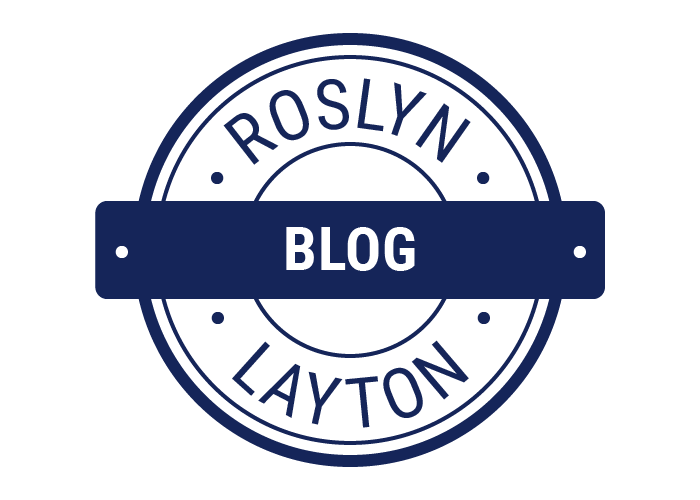Up 700%, China’s Consumption Of US Coal Drives Shortages, Not Railroads

With the US economy teetering and inflation reaching levels unseen in 40 years, the Biden Administration uses scapegoats to blame for the downturn. It seems like there is a new scapegoat each month, whether oil companies or meat packers. The scapegoat provides a convenient excuse for the nation’s problems and distracts from poor poll numbers. This past month’s scapegoat was freight rail. Indeed Biden’s list of scapegoats was foreshadowed a year ago with an Executive Order calling for 72 interventions on a suspicious list of products and industries: hospitals, hearing aids, prescription drugs alcoholic beverages, broadband, airlines, banks, seeds, fertilizer, cell phone makers and so on.
The Biden EO, which largely predated the current inflation spike, would have been less suspect had its suggested interventions not matched perfectly to the wish list of party donors. Notably Big Tech pushes price controls on broadband at the Federal Communications Commission to ensure that their use of others’ networks is free and unencumbered by social obligations. Similarly, the powerful Rail Customer Coalition comprised of titans like the American Chemistry Council lobbies the Surface Transportation Board for reduced rates and special treatment on freight railroads in dubious hearings on euphemistic topics like “reciprocal switching.”
Indeed the freight rail industry has experienced shipping shortfalls in the last year, but these are largely outcomes of a difficult economy, not the cause of it. In fact, over the course of the past two years, even in the midst of an extremely tight labor market, American railroads set records at various points for volume levels of grain, chemicals and intermodal containers carrying consumer goods.
Moreover US freight rail is the top performing infrastructure in the latest American Society of Civil Engineers report card and is the world’s most technologically advanced and energy-efficient. Shipping by rail rather than truck reduces greenhouse gas emissions by 75 percent. Just before it became convenient to scapegoat freight rail, policymakers were celebrating the 40th anniversary of the 1980 Staggers Act which largely deregulated freight rail’s economic activities. This signature accomplishment from a Democrat Congress resulted in the doubling of goods shipped, the plummeting of the rates shippers pay (it would have cost them $70 billion more to send the same freight via truck), and unparalleled rail safety and environmental advancements, in part from rail infrastructure investment of $760 billion.
Once the White House signaled it was open season on freight rail, federal agencies like the STB and the Agriculture Department joined the blame bandwagon, as well as public utilities. To explain curtailing its operations at its Big Bend power station in Florida, Tampa Electric blamed the railroad for insufficient coal rather than the coal mine. Truth be told, the coal was prioritized for another customer willing to pay more: China. As the U.S. Energy Information Administration reports, US coal exports to China skyrocketed from roughly 1.8 million tons in 2020 to nearly 13 million tons in 2021. The coal shortage facing Tampa Electric and many other electric utilities across the country has nothing to do with the railroads.
Coal producers, having endured a political assault on their business and their workers, have understandably looked for other markets. Increasingly US coal is shipped overseas rather than to American energy plants like Big Bend serving American customers facing higher energy bills. Current policy prioritizes climate purity above the well-being of Americans. This is not to say that America should not pursue renewable fuels, but energy choices should reflect consumers’ wants, not those of party donors who can tip the government scale to their preferences. The good news is that America’s growing energy needs demand fuel from all domestic sources.
The root cause of coal shortages and price pressures facing American utilities, businesses, and consumers isn’t lagging rail service or even lagging production. It’s policy which unfairly vilifies an industry that elites don’t like instead of embracing all energy enterprise which employs Americans and enriches the nation.
It is easy to put blame on the railroads. This is at best factually incorrect, and at worst, distortionary and harmful. If policymakers act on erroneous information or interpretations, they will worsen the economy and inflation. In any event, the scapegoating pattern has become obvious and does not appear to help the Administration. Voters want policy that works, not explanations for that which doesn’t.
Originally published in Forbes.